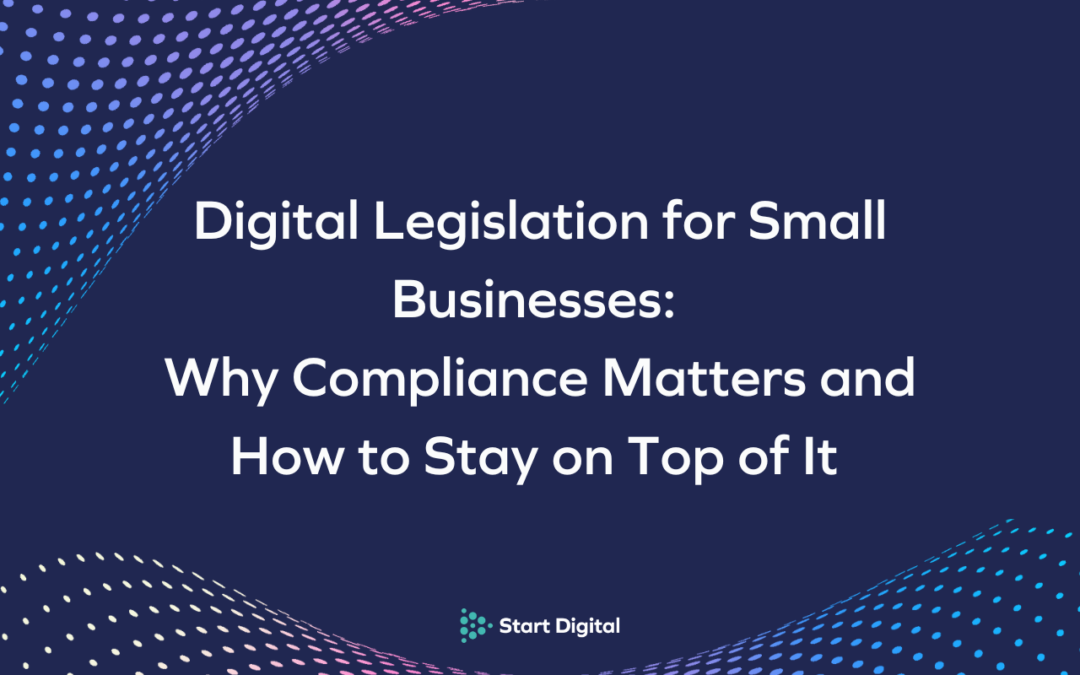Your business’s hardware equipment is essential to your day-to-day operations. From desktops and laptops to servers and routers, your hardware is the backbone of your business. But as technology continues to advance, so do the risks to your hardware’s security. Hackers and cybercriminals are always on the lookout for vulnerabilities they can exploit. In this post, we’ll share tips for protecting your business’s hardware equipment and the consequences of not doing so.
Consequences of Inadequate Digital Security
The consequences of inadequate digital security for your business hardware can be severe. For instance, a security breach can result in the theft of sensitive data, including client information, employee records, and financial details. This can lead to reputational damage, legal penalties, and loss of revenue. Additionally, an attack on your hardware can result in downtime, which can bring your business to a standstill and lead to missed opportunities and revenue loss.
Tips for Digital Security
To avoid the consequences of inadequate digital security, it’s crucial to put the right systems in place. Here are some tips for securing your business’s hardware equipment:
- Keep your software and firmware up-to-date: Software and firmware updates often include security patches that address known vulnerabilities. Keep your hardware’s software and firmware up-to-date to reduce the risk of security breaches.
- Use strong passwords: Strong passwords are critical to securing your hardware. Encourage employees to use unique and complex passwords that are difficult to guess. You may also consider implementing multi-factor authentication to add an extra layer of security.
- Use firewalls and antivirus software: Firewalls and antivirus software are critical for protecting your hardware from malware, viruses, and other cyber threats. Ensure that all your hardware is equipped with these essential security tools.
- Backup your data regularly: Backing up your data is essential to ensuring that you can recover from a security breach or hardware failure. Make sure that your backup system is in place and that your backups are up-to-date.
- Conduct security audits regularly: Regular security audits can help identify vulnerabilities in your hardware and network. Work with a security expert to conduct a comprehensive security audit and implement their recommendations.
By following these tips, you can improve the security of your business’s hardware equipment and protect your business from security breaches and cyber threats.
Your business’s hardware equipment is the backbone of your business, and it’s crucial to keep it secure. The consequences of inadequate digital security can be severe, but with the right systems in place, you can protect your hardware from cyber threats. Keep your software up-to-date, use strong passwords, use firewalls and antivirus software, backup your data regularly, and conduct security audits regularly. By doing so, you can keep your business’s hardware equipment safe and secure.










